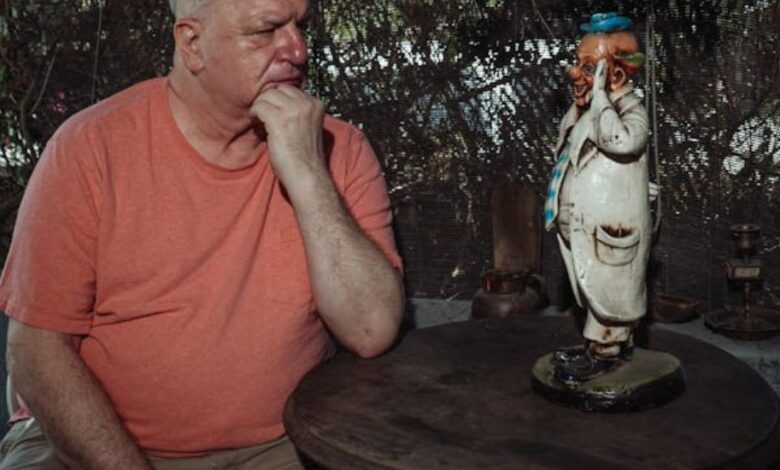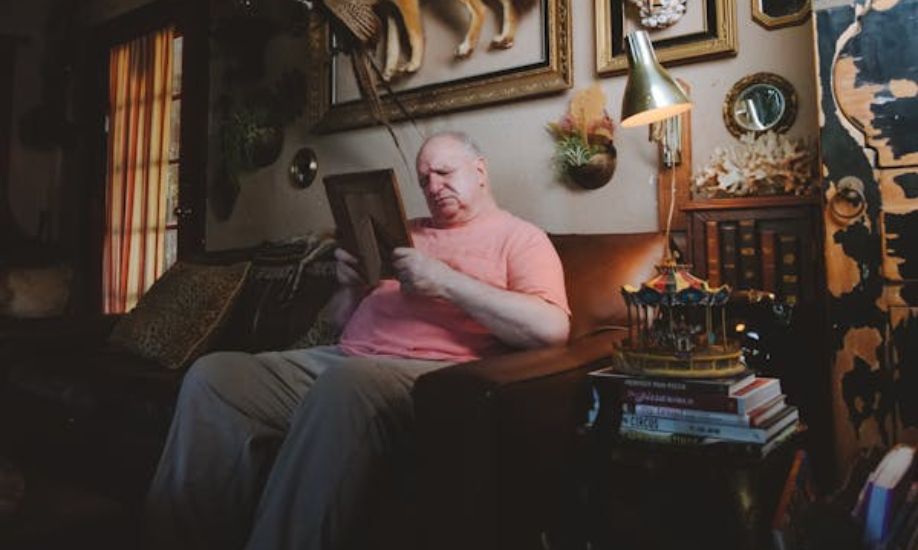Understanding “Tragedy Strikes”: When the Unimaginable Happens

Life is full of unexpected events, but nothing can prepare us for moments when tragedy strikes. These instances often come without warning, leaving individuals and communities to grapple with immense emotional, psychological, and sometimes physical scars. The phrase “tragedy strikes” typically refers to sudden and catastrophic incidents, such as natural disasters, accidents, violent events, or personal loss, that profoundly affect those involved. Let’s explore what it means when tragedy strikes and how different people and societies cope with such heart-wrenching moments.
What Does “Tragedy Strikes” Mean?
The term “tragedy strikes” describes those unforeseen events that result in significant damage or loss, often leading to emotional turmoil. It encompasses a broad range of incidents, from natural disasters like earthquakes and hurricanes to man-made tragedies such as accidents or acts of violence. When these events occur, they create a ripple effect of sorrow, fear, and confusion that extends beyond the immediate victims to the entire community.
Tragedy can strike on different scales. On a global level, we witness natural disasters like earthquakes, floods, or pandemics, claiming thousands of lives. On a personal level, tragedy might strike in the form of losing a loved one or being involved in a life-altering accident. The universal nature of tragedy means that no one is immune from its reach.
The Emotional Toll of Tragedy Strikes
When tragedy strikes, it triggers a wave of emotions that can feel overwhelming. Grief, shock, anger, and denial are common reactions. For some, the loss is so sudden and devastating that it feels impossible to process. Psychologists agree that individuals handle grief differently depending on their relationship to the event or victim. While some might feel immediate sadness and despair, others might experience numbness or disbelief.
The grieving process is personal, and no two people will respond the same way to tragedy. However, support systems play a crucial role in helping individuals process their emotions. For many, talking about the tragedy with loved ones or counselors can provide relief and help them move toward healing. Others might turn to religion, meditation, or reflection as a way of coping.
Community Impact When Tragedy Strikes
Tragedies don’t just affect individuals—they leave a lasting impact on entire communities. When an event such as a natural disaster or public shooting occurs, it often sends shockwaves through neighborhoods, schools, and towns. Communities rally together to mourn, offer support, and rebuild. In many cases, people who may not have known the victims personally still feel the weight of the loss and respond with compassion.
For example, in the Michigan State Fair tragedy, the entire local community came together to support the families affected by the incident. Events like this highlight the importance of solidarity and shared grief. When tragedy strikes, community leaders often step in to provide updates, ensure safety, and help facilitate recovery.
Communities also play a role in preventing future tragedies. After a public tragedy, there are often calls for changes in policy, increased security, or more mental health resources. These responses reflect the collective desire to protect one another and prevent similar incidents from occurring.
How to Cope When Tragedy Strikes
Coping with tragedy is an incredibly personal experience. While there is no one-size-fits-all approach, there are strategies that can help individuals and communities manage their grief and begin the healing process.
- Talk About It: Sharing your feelings with loved ones, friends, or mental health professionals is a crucial step in coping. Expressing grief, sadness, or anger can help relieve the weight of those emotions. Whether it’s attending a support group or having a one-on-one conversation, talking about your experience is vital for healing.
- Remember the Good: After tragedy strikes, it’s natural to dwell on the painful moments, but it’s important to remember the good times shared with those we’ve lost. Cherishing the memories of happier times helps to keep the positive aspects of the individual or situation alive.
- Take Action: Some individuals find solace in taking action after a tragedy. This might include volunteering, raising awareness, or advocating for changes in policies or procedures. Taking action allows individuals to channel their grief into something meaningful and positive.
- Seek Professional Help: In some cases, tragedy can be so overwhelming that individuals struggle to cope with day-to-day life. If feelings of anxiety, depression, or helplessness persist, seeking help from a mental health professional is crucial. Trained counselors can guide individuals through their grief and offer coping strategies to help them regain a sense of control.
Lessons Learned When Tragedy Strikes
While tragedy is an inevitable part of life, it often leaves behind important lessons. Tragic events remind us of the fragility of life and the importance of cherishing the time we have with loved ones. They teach us to be more resilient, to support one another in times of need, and to take proactive steps to prevent future tragedies when possible.
For communities, tragedy can be a unifying force. It brings people together, fosters empathy, and reminds us of our shared humanity. Whether through community vigils, increased safety measures, or public memorials, societies often find ways to turn their grief into action.
On an individual level, coping with tragedy teaches us the importance of self-compassion and resilience. It shows us that, even in our darkest moments, there is always a path to healing. By talking about our experiences, remembering the good, and seeking help when necessary, we can learn to navigate the difficult emotions that accompany tragedy.

Moving Forward After Tragedy Strikes
When tragedy strikes, the road to recovery can be long and painful. However, it’s important to remember that healing is possible. Whether you’re dealing with a personal loss or witnessing a large-scale tragedy, finding support, staying connected with your community, and taking proactive steps can help ease the burden of grief.
We all hope to never face tragedy, but life is unpredictable. Knowing how to cope when tragedy strikes allows us to respond with strength and resilience. In the face of such events, we can learn to find hope, build connections, and move forward together. Through shared experiences and mutual support, we can heal, rebuild, and honor the memories of those we’ve lost.
Conclusion
When tragedy strikes, it disrupts lives in unimaginable ways. Whether it’s a personal loss or a community-wide disaster, the emotional, physical, and psychological effects can be overwhelming. However, by understanding the grieving process, seeking support, and finding ways to cope, individuals and communities can begin the journey toward healing. In the aftermath of tragedy, there is always hope for recovery and resilience, as people come together to support one another through difficult times.
